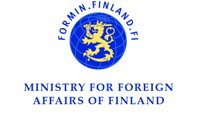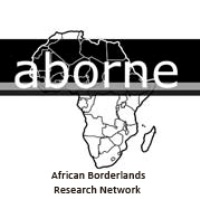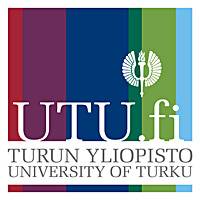Second Call for Panels and Papers
Time Space Africa: Reconnecting the Continent
Call for Panels and Papers - Nordic Africa Days 2010 - Åbo/Turku 30.9.1.10.2010
In the last decades there has been a spatial turn in thinking in the social sciences and humanities. In various ways, the emphasis on spatial relations asserts that space and place are social constructions relevant to the understanding of the different experiences and histories of human subjects and to the production of cultural phenomena.
The spatial turn has had a major impact on African studies and research on Africa. Landscapes and situated memories have become fluid categories in African studies, as
elsewhere. Boundaries, territoriality and sovereignty are redefined and challenged. Violent
conflicts and separatist movements often originate in, and thrive on the particular conditions
that prevail in borderlands and can spill over the lines that supposedly divide sovereign
states. A new scramble by transnational mining and agribusiness corporations for Africa’s
rich natural resources is affecting the daily lives of many Africans, but also the political
stability of entire societies and states.
The spatial turn can be expressed in simple semantic terms, such as the metaphorical use of
‘space’ and ‘place’ to denote a geographical dimension in the production of culture. On the
other hand, the spatial turn is also more substantive, involving a reworking of the very
notion and significance of spatiality to offer a perspective in which space is every bit as
important as time, or basic social institutions, in the unfolding of human affairs. The growing
attention to global relations is perhaps the predominant manifestation of the spatial turn.
Global trends intermingle with local discourses and vice-versa, resulting in vibrant new
expressions, fusions and hybridizations in culture, language, and the arts.
The spatial turn is, however, more than the recognition of globalization. It represents a
paradigm shift in outlook and perspective and challenges the idea of place or space in history
as an unreflected category linked to tradition and immutability. In the cognitive sciences,
space has long been shown to be of crucial importance in structuring thought and language.
Recent work has shown how deeply culture-specific space is and challenges once common
assumptions concerning the universality of spatial concepts. Besides cultures varying
between one nation-state and another, cultures may also be at variance, for example, in
terms of language; religion, affluence, healthcare, gender relations, level of education,
transparency, and environmental responsibility. The space may be rural or urban; crowded
or sparsely populated; technologically mediated or face-to-face; ethnically homogenous or
heterogeneous; and/or connected in ways that trace to colonial, post-colonial, pre-colonial
or new institutional models of governance.
Increasingly, the spatial is seen as something which is more than a predefined territorial
container of political life. Instead, attention is directed to modes of analysis which disrupt
static and rigid conceptualizations of space. These newly emerging doctrines of space claim
that space is not a fixed backcloth to the political. It is rather the sphere of multiplicity and
difference, which involves tracing the lines of responsibility towards others, often across
territorial boundaries.
While the Conference is thematically open, NAD 2010 challenges researchers to reflect in
their presentations on the changing conditions, positions and possibilities of the continent.
Papers may be submitted as individual submissions or as complete panels. The organizers
will group individual submissions into panels according to thematic criteria. Following the
tradition of NAD, PhD candidates and other young scholars are strongly encouraged to
participate. NAD aims to be a forum for academic exchange and intellectual development,
where contributions from a new generation of researchers play a vital part.
The new deadline for abstracts is 1 March 2010. Please submit an abstract of no more than 300 words together with a short CV for consideration to holger.weiss@abo.fi. In addition to this, panel submissions must include a 300 word description of the panel topic as well as information of the panel organizer and chair.
Authors will be notified on acceptance by 15 March 2010.
NB! Already submitted abstracts do not have to be resubmitted







